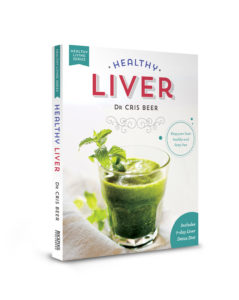Article in Body and Soul
How to maximise chances of falling pregnant is certainly something I discuss with couples frequently in the consultation room. Some couples are wishing to get pregnant right away when they come to see me while many are considering leaving falling pregnant for a few years until they have focused on other goals in life. For the latter group of couples my advice is typically, ‘don’t leave it longer than you absolutely need to.’
Unfortunately, an age old truth remains, fertility is greatly impacted by the age of the female partner. Of course I say this sensitively, realising that many of us are choosing to have children later, and of course that’s not without saying that there are many women that go on to fall pregnant into their 40s. By far, though, those who leave falling pregnant will find that they can come across challenges; whether it be with how long it takes to fall pregnant or with having to deal with the increased chance of miscarriages and other pregnancy complications.
See a woman is born with the total number of eggs she will ever have. As we age, the quality and quantity of our eggs diminish. Therefore, the chances of falling pregnant quickly declines as we get older. For example, the chance of conceiving at the age of 30 per menstrual cycle is about 20 per cent or one in five cycles for those who are actively trying to fall pregnant. By the age of 40 this figure drops to 5 per cent or one in twenty cycles, therefore taking around four times longer to fall pregnant.
Unfortunately, too, the rate of pregnancy loss whether it be to miscarriage or stillbirth greatly increases as we age with less than half of all pregnancies going on to produce a live baby in those who are 40 years or older. The exact reasons for this are unknown, however genetic abnormalities with the baby may explain many of these losses with studies showing that the risk of genetic abnormalities are much higher in those who are in their mid-to-late thirties or older compared with younger women.
I often, then, get asked is there a way to ‘check my eggs’. Although there is a blood test available, known as Anti-Mullerian Hormone (AMH), which does give you a general idea on egg count, this test will not be able to give you an indication of egg quality. As already mentioned, the best indicator of egg quality, and therefore overall fertility, is determined by the age of the woman which is why putting it off can create more pregnancy challenges than many couples first considered.
#healthyliver #healthyhabits
Dr Cris
Holistic Medical Doctor, Author ‘Healthy Habits, 52 Ways to Better Health‘ and Healthy Liver



